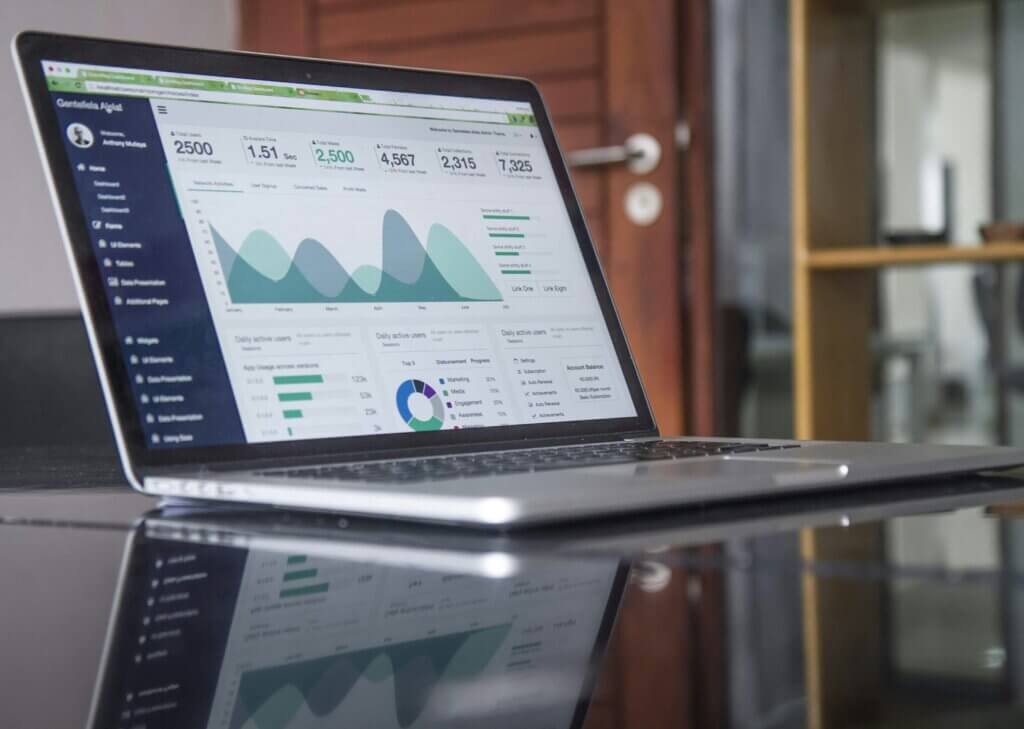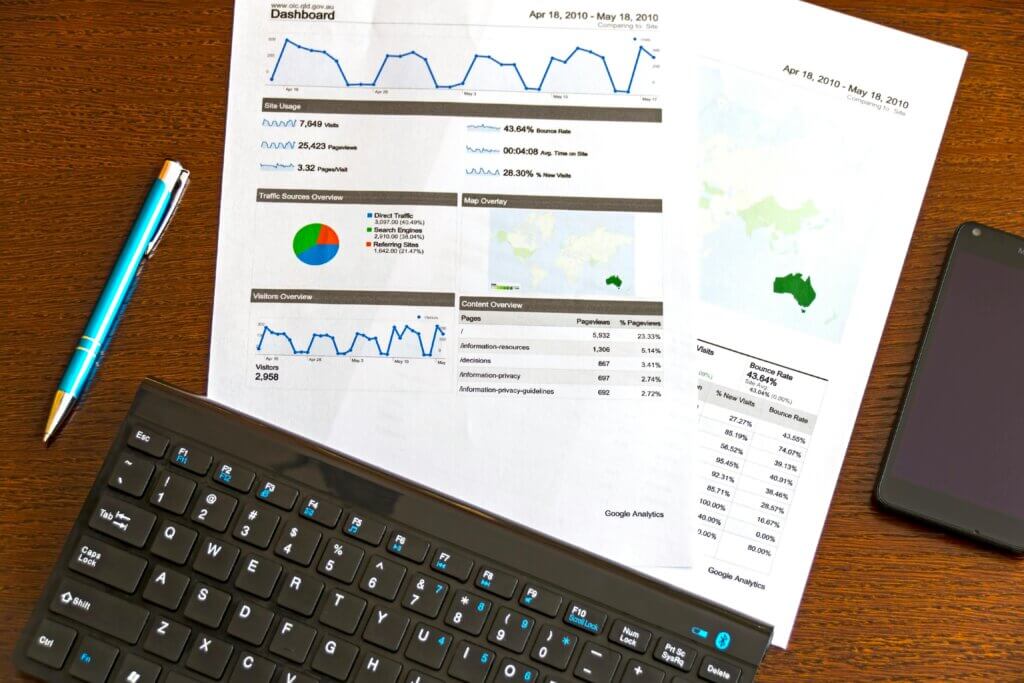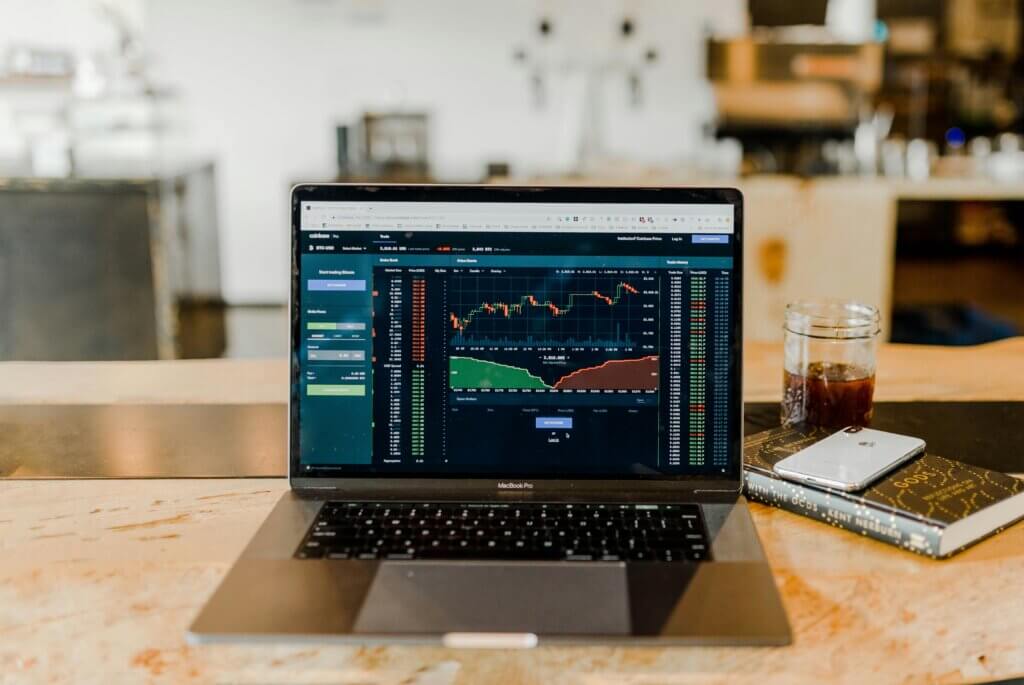Accounting Software Pricing Guide for 2025
The need for accounting software in business houses depends on the size of the business and the volume of work. The price for the accounting software thus varies according to the requirements and usage of any business. There are a good number of vendors offering accounting software, and we bring you an elaborate view on the pricing of that software. We will talk about the accounting software cost, pricing models, pricing plans, factors, and detailed information about the brands offering the best software in the market.
How much does accounting software cost?
The valuation of accounting software in the global market is predicted to reach about $27.06 billion by the end of 2025. Where many enterprises initially deploy free accounting software, some businesses directly invest in accounting software without choosing a trial version. The investment takes place generally as per the business size and business needs, and the cost can range between $10 and $2,000 per month. However, many startups invest between $150 and $200 per month from the very beginning.
“We use Xero to invoice our clients, track our financial data and submit reports to HMRC. We also use integrations with our bank feed and payment processors (Stripe and GoCardless), in order to reconcile transactions and automate recurring payments from our clients, either using a saved credit card or Direct Debit.”
Read Ben’s full review here.
“Using Sage Accounting as the medium for their bookkeeping allows us to have a fully compiled and reasonable foundation for personal and corporate tax returns. Features such as the bank reconciliation or payroll further are excellent tools Sage provides to mitigate potential errors.”
Read David’s full review here.
Understanding accounting software pricing models
The accounting software pricing models are based on an organization’s requirements. Here are a few pricing models:
- Perpetual License Based: It is a one-time purchase model that offers a one-time license allowing the software to be used for a lifetime. It is purchased on a perpetual basis for a computer or on-premises and is mostly purchased by small-sized businesses.
- Monthly or Annual Subscription: This is a subscription-based licensing model, purchased for a monthly or annual fee. It is purchased mostly for cloud-based work environments. This includes the latest features, timely updates, and maintenance.
- Usage-Based Pricing: This pricing model covers the cost of the usage of the accounting software, like the volume of transactions done, the number of users accessing, or the volume of data used in a month or year, etc.
- One-stop Solution: This includes multiple features (basic, advanced, or high-level) under one package offering high-end features with regular updates and maintenance. This model is mainly bought by businesses that are constantly evolving.
- Freemium Subscription: Under this pricing model, the basic version is free, and the advanced or high-level features can be accessed through an extra payment as per the requirements of the service.
Accounting software pricing plans at a glance
|
Company |
Free Plan |
Entry-Level Plan |
Mid-Level Plan |
High-Level Plan |
|
30 days free trial |
$13 per month |
$37 per month |
$70 per month |
|
|
30 days or 2 months free trial |
$19 + tax |
$43 + tax |
$62 + tax |
|
|
NA |
$1,261per year on premises |
$2,083.20 per year on premises |
$3,600.36 per year on premises |
|
|
NA |
$250 per user/per month for cloud deployment |
$500 per user/per month for cloud deployment |
Depends on requirements |
|
|
15 days free trial |
$199 per month per user (5-user minimum, billed annually) for cloud deployment |
$249 per month per user (5-user minimum, billed annually) for cloud deployment |
Depends on requirements |
Accounting software pricing: Factors to consider
There can be several factors that influence the pricing of accounting software. Here are a few factors listed below:
|
Factors to Consider |
Impact on Accounting Software Pricing |
|
Features |
Price varies with the number of features or functions included in the software. The cost increased when advanced or high-level features are in use. Basic features like payroll, compliance, etc., support is not very costly, whereas multicurrency support might require added cost. |
|
Infrastructure |
The cost also varies depending on the deployment of the software. Deploying in a cloud infrastructure is comparatively lower than deploying in an on-premises environment. |
|
Support |
Premium plans offer extensive support with high-level features, scheduled maintenance, and updates. |
|
Number of users |
The cost depends on the number of users accessing the software. For a small-sized business, it is often one user accessing the software, whereas in a mid-size business, there can be more than one or fewer than four persons accessing the software. This defines the price of the accounting software. |
|
Integration |
An accounting software’s pricing depends on its compatibility score with ERP, CRM, etc., and that can fluctuate the cost. |
Accounting software cost for small businesses
Accounting software cost for small businesses generally ranges from $15 to $100 per month. It offers the basic support that a small organization might require, including simple bookkeeping, expense calculations, basic tax management, and access to only one user, along with other basic features. For any other added support, the cost might go up.
Key accounting software pricing considerations for small businesses include:
- Budget: For a small-scale business, the budget is the main factor of consideration before buying accounting software. Generally, a perpetual license that is bought once and used for a long time comes way cheaper than the other premium subscriptions.
- Features: Accounting software with basic features and one- or two-time support or updates comes at an affordable cost for small businesses. Basic features like GST compliance, expense calculations, simple bookkeeping, inventory management, and fundamental tax calculations are a good number of features considered for a small business.
- Deployment: Desktop deployment is cheaper than cloud deployment. Small businesses generally opt for desktop deployment, which makes cost management easier for any SMBs.
Accounting pricing for small businesses
We have chosen the top three accounting software for small businesses based on user feedback. We considered factors like affordability, basic functionality, ease of use, and scalability when selecting these products.
- Sage 50: Sage 50 is an accounting software option that offers a range of features suited to the needs of small businesses. It includes tools for invoicing, expense tracking, inventory management, and payroll integration, which can help streamline routine financial tasks. The software provides reporting capabilities that may support financial analysis and planning.
- Xero: Xero is an online accounting software platform for small businesses and their advisors. It offers general ledger and double-entry bookkeeping support, include invoicing with quotes, bank reconciliation, purchase order and expense management, tax management, and invoicing. The starting price of the software is $13 per month.
- QuickBooks Online: QuickBooks Online Advanced is a cloud-based accounting software designed to simplify accounting for mid-size and growing businesses. It offers general ledger, bank reconciliation, accounts payable, cash management, expenses management, online invoicing, billing calculations, payroll management, and other accounting functions required in small to mid-sized businesses.
What TrustRadius reviewers have to say about small business accounting software
“We use QuickBooks to keep track of all of our paid invoices, we have all of our accounts (banks, credit cards) connected to it so we know how much is coming in and leaving. It has made our accountings easier to manage.”
Read Vida’s full review here.
“Sage 50 [provides] good value for the money. We use Sage for our day-to-day accounting of receivables and payables. We also use it to order parts from our vendors by issuing purchase orders.”
Read Rachel’s full review here.
Cost of accounting software for mid-sized businesses
The cost of accounting software for mid-sized businesses generally ranges from $100 to $500 per month. This software offers automated workflows, multi-currency support, detailed financial analytics, and premium features for managing multiple revenue flows.
Key accounting software pricing considerations for medium-sized businesses include:
- Bandwidth: The accounting software price is based on the size of a firm. The cost often scales depending on the number of users accessing the software. Adding more users to access the accounting software might increase the cost. Medium business software is mainly used by the accounting team, auditors, etc.
- Deployment Model: The deployment model for accounting software turns out to be one of the most important factors for its pricing. Deployment can be on-premises or cloud-based, and the price varies as on the deployment requirements.
- Integration: A mid-sized business often requires seamless integration with ERP, CRM, payroll, and varied banking systems. A few plans charge extra for API access, etc.
Accounting software pricing for mid-sized businesses
We have chosen the top three accounting software for mid-sized businesses based on user feedback. We considered factors like affordability, basic functionality, ease of use, and scalability when selecting these products.
- Acumatica: Acumatica offers an ERP solution with a financial management suite, an accounting solution with a project accounting suite, etc. The starting price is $1000 per year.
- Sage 300: It offers advanced ERP, accounting, and financial solutions, as well as multi-currency and multi-language capabilities. The starting price is $1,655 lifetime license per seat.
- QuickBooks Online: QuickBooks Online is a SaaS version of the QuickBooks product. It offers customer management, accounting, payments, and payroll. The starting price is $38 per month.
What TrustRadius reviewers have to say about mid-size business accounting software cost
“We use QuickBooks Online for our day-to-day accounting of sales, expenses, fixed assets and cash. The system is a great out of the box ready tool that any organization can use.”
Read Christopher’s full review here.
“We use Acumatica as our ERP. We use this to track our projects, billing, ordering, accounting, and much more. [It] helps track the billing status of projects.”
Read this Verified User’s full review here.
High-Level accounting software pricing for enterprise businesses
Enterprise-level accounting software pricing is indefinite in nature due to the high-level maintenance and extreme usage. It can start from $500 per month and go to $2,000 depending on the requirements. Enterprises demand next-level features like ASC 606 compliance, multi-entity management, and customized reporting tools, etc. Often, AI is integrated into the workspaces to work on bank reconciliation, auditing, track time, etc.
Key accounting software pricing considerations for enterprise businesses include:
- Modular Pricing: The most important aspect of an enterprise business is that it needs to manage volume data, and for that, it needs enterprise-grade platforms. It requires unique software that can manage dashboards, project accounting, auditing, custom workflows, high-end tax calculations, consolidated financial reporting, etc.
- Integration: Multinational enterprises can access the accounting software on cloud-based, on-premises, or hybrid models, depending on the need and use of different teams or users. The price depends on the requirements of the integration options.
- Compliance and Security: Data protection is extremely important for high-level enterprises, as that is confidential information to be kept hidden. Thus, premium and advanced accounting software support with strict compliance standards, audit trails, disaster recovery, etc., functions are required.
Accounting software pricing for enterprise businesses
We have chosen the top three accounting software for enterprise businesses based on user feedback. We considered factors like integration, user volume, compliance, and advanced auditing support.
- FreeAgent: FreeAgent is a cloud-based accounting system. It supports accounting features, bank reconciliation, payroll, tax management, project level accounting, and multiple currency support. The starting price is $13.50 per month.
- Oracle Fusion Cloud Enterprise Performance Management: Oracle Fusion Cloud Enterprise Performance Management (EPM) is a cloud-based solution helping users with advanced finance management plans. The starting price is $250 per user/per month.
- SAP Business One: SAP Business One is an integrated enterprise resource planning (ERP) solution offering relationships, inventory, operations, financials and human resources. The starting price is $99 per month on cloud.
What TrustRadius reviewers have to say about enterprise accounting software costs
“Using it for handling the goods receipt and accounts payable for all the goods that are inwarded into the warehouse. Extremely essential for systematic processing of invoices by validating inward goods entry. ”
Read this Verified User’s full review here.
“We are using Oracle Cloud EPM for consolidation, planning, budgeting, and forecast processes. We also use the financial reporting modules for reports.”
Read Azmat’s full review here.
Frequently Asked Questions
1. What is online accounting software?
Online accounting software runs on the cloud and offers accounting and financial solutions online. It has varied functions, including estimation framing, billing or invoicing, time tracking, auditing, tax calculations, etc. This helps organizations to access from anywhere, anytime, as all the detailed data is stored in the cloud.
2. How can accounting software help you?
Accounting software helps an enterprise in many ways. It maintains accuracy in financial records and reports, along with providing support in other financial detailing. It creates and distributes invoices, forms, estimates or quotes, records expenses, complies tax returns, helps in bookkeeping, calculates profit or loss, frames budgets, etc.
3. Is it safe to put your financial data in the cloud?
Storing financial data in the cloud is safe. Though it is suggested that the accounting software being deployed must be trustworthy, with good reviews from users. Reputed accounting software vendors or brands are highly focused on maintaining security and compliance. The software using data encryption (SSL or TLS) is the safest one.
The bottom line on accounting software pricing
Choosing the suitable accounting software for your organization needs consideration of all the various pricing packages and models available from various brands. There are a good number of accounting software service providers in the market, and it is recommended to research thoroughly before buying one. However, the references provided in this article can be checked and considered when opting for accounting software.
To continue your research, explore the accounting software on TrustRadius. You can compare products, read verified reviews, and see which solutions best fit your needs. You may also find value in related categories and resources, including:













